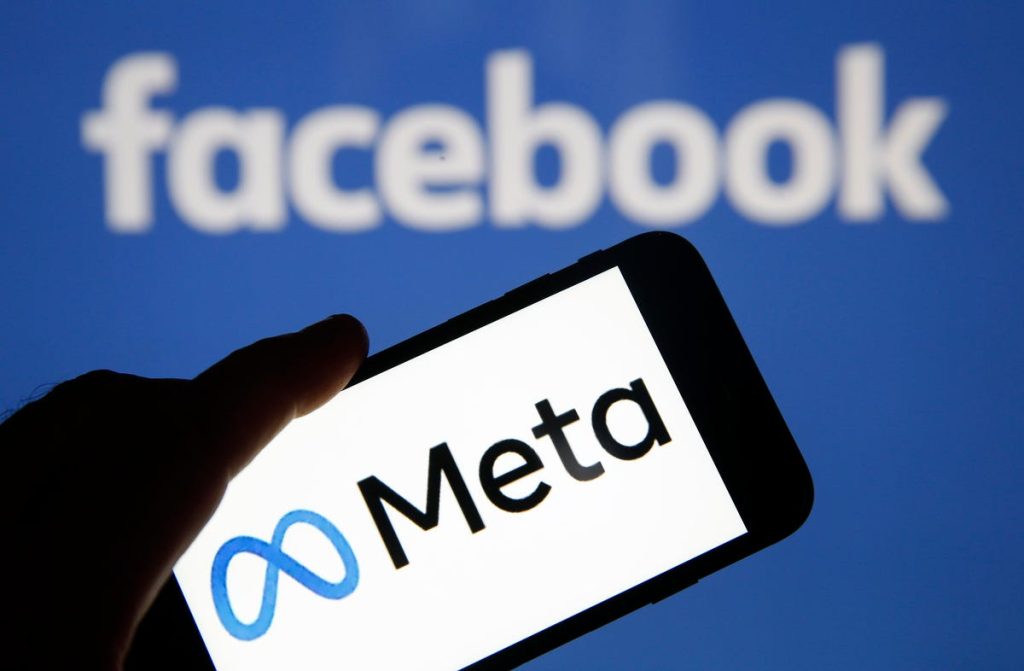The infamous “blue check” was once a symbol of notability and status across major social media platforms. Mostly reserved for athletes, entertainers, government officials, and members of the media, for the aspiring content creator it was the goalpost to measure impact and success. With Elon Musks Twitter takeover, it lowered the barrier to entry to a simple monthly fee. All but removing the prestige associated with being verified and giving anyone willing to pay, a shot at claiming a blue check of their own.
With Twitter’s successful launch of Twitter Blue, META (the parent company for Facebook and Instagram) rolled out its own subscription-based verification program touting enhanced security features and other benefits to users. This created a massive revenue stream for META as users flocked to purchase verification badges of their own. While some users may indeed be buying into the subscription service for the enhanced features and benefits, it can be argued that people are paying for the service to denote a level of status. After all, paying for verification isn’t a new thing. Previously users could pay for media placements with top brands or pay an agency that specialized in getting the blue check approved. So what can buying a blue check say about your relationship with money through the lens of financial psychology?
What Are Money Scripts?
Money scripts, a term coined by financial psychologist Dr. Brad Klontz, describes your unconscious beliefs about money and your resulting behaviors. Money scripts can be traced back to childhood experiences and fall into four main categories according to the Journal of Financial Therapy:
Money Avoidance;
Money Worship;
Money Status;
And Money Vigilance.
Money avoidance is characterized by the belief that money is bad or that you are undeserving of it. The often misquoted Bible verse suggesting that money is the “root of all evil” could amplify this belief or lead to its adoption. If you shy away from reviewing things like your bank statements, credit reports, and your transaction history, or have the inclination to overspend or give away in order not to have too much money under your control, you might be a money avoider.
Money worship is characterized by the belief that if you had more money things would be better. From a certain perspective this may be true, however many times more money comes with increased spending which results in a desire for more money.
Money status is characterized by an association between your self-worth and net worth. This can manifest as materialism or attempts to demonstrate social status through spending. A lot of what is seen on social media in lifestyle marketing could be driven by this script.
Money vigilance is characterized by constant watchfulness or anxiety relating to money. People with money vigilance may be so preoccupied with a pending financial danger that they don’t allow themselves to enjoy the security or benefits of the money they have. Additionally, they may be secretive or private about their finances as a form of protection or mistrust against the intentions of others.
Could Buying The Blue Check Be Tied To Status?
Arguments about security features and benefits versus the level of self-importance or perceived social status may increase as the adoption of the subscription verification program takes off. The reality is that two things can be true at once. You might have a money script that ties directly to money status and feel inclined to spend on the program for recognition, and you want the benefits and features that come with the subscription. What’s important is that you align your goals with your values and understand how these subconscious money scripts may be at play in determining your behavior.
If you’ve established a brand with a large audience and happen to notice multiple imposter accounts pretending to be you while preying on your audience, it might make sense to pay the subscription for the added security features and benefits associated. If you just want to have a blue check to say you have it or to demonstrate a level of social status to your peers, questioning how this aligns with your personal and professional goals might be the conversation starter you need in determining which money script is at play and how it may be showing up in other areas of your life.
Read the full article here




